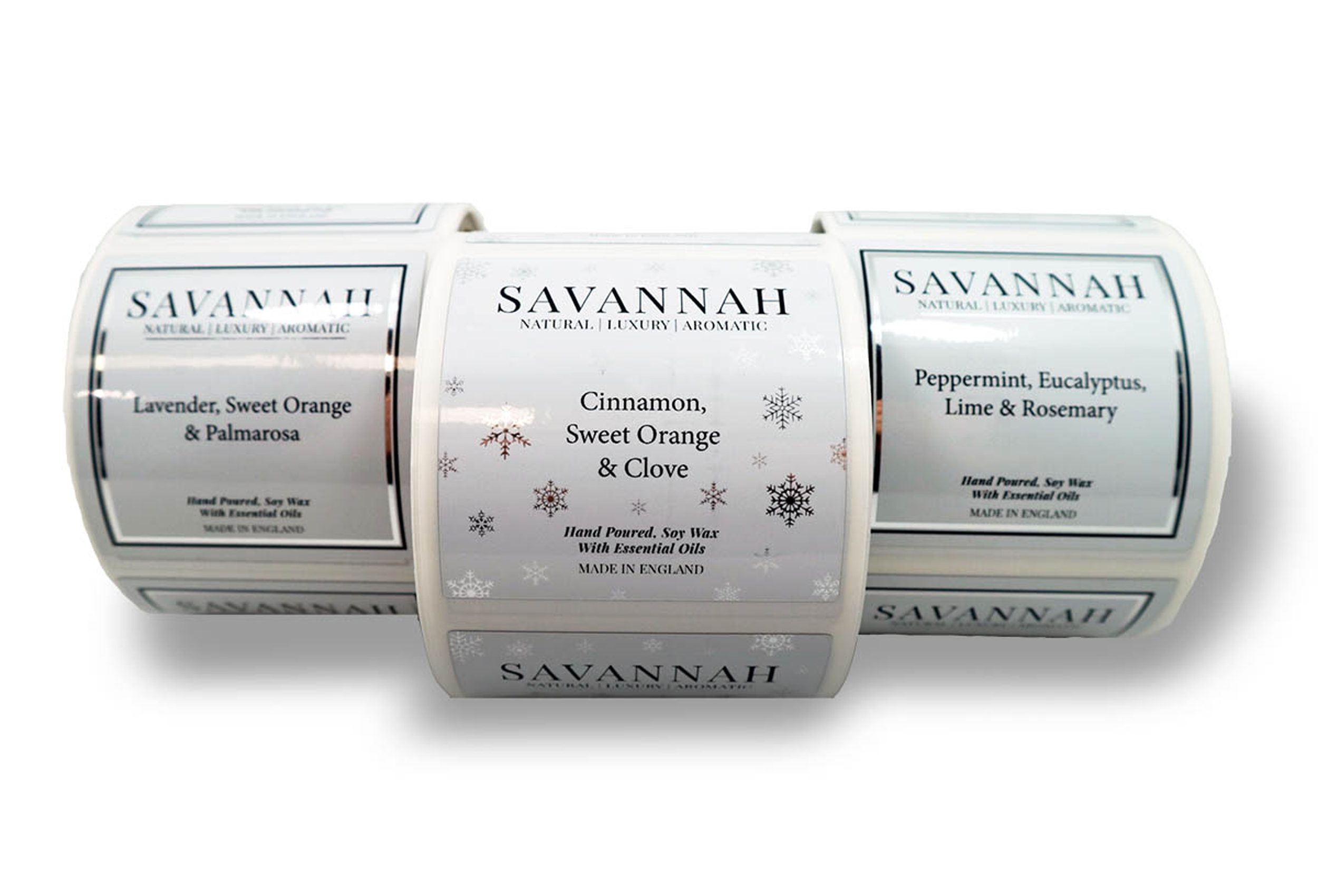Polypropylene labels have emerged as a popular choice for a variety of industries, thanks to their exceptional properties and versatility. Known for their durability, these labels can withstand harsh conditions, making them ideal for both indoor and outdoor use. Whether applied in food packaging, where they maintain clarity and adhere securely even in cold or moist environments, or used on outdoor equipment exposed to sun and rain, polypropylene labels offer unparalleled resistance to wear, water, and chemicals. Their adaptability allows them to meet the demands of various applications, from retail products to industrial settings, making them an indispensable component in modern product labeling.
Key Applications of Polypropylene Labels
Polypropylene labels are employed across numerous sectors due to their reliable performance in different environments. One of the primary uses of these labels is in food and beverage packaging. Their moisture-resistant properties make them ideal for products exposed to damp or refrigerated conditions, ensuring information remains intact and visible over time.
The health and beauty sector also frequently incorporates polypropylene labels. Their resistance to tearing and fading ensures that product branding and critical instructions remain sharp and legible even in the face of frequent handling or exposure to water.
Similarly, chemical containers rely on polypropylene labels for their resistance to harsh substances. Their ability to withstand degradation from exposure to chemicals ensures long-lasting performance, even in high-risk scenarios. Lastly, outdoor equipment manufacturers utilise these labels for their ability to endure varying weather conditions, retaining their clarity and adhesion despite prolonged exposure to sunlight or moisture.
Advantages of Using Polypropylene
The benefits of polypropylene as a labelling material are particularly extensive. Its outstanding moisture resistance is one of its strongest assets. This property makes it perfect for products subjected to wet or humid conditions, preventing damage to the design or loss of essential product information.
Durability is another significant quality of polypropylene. The material stands up effectively to tearing, scuffing, and environmental wear, resulting in labels that maintain their original appearance throughout the product’s lifespan. This strength also allows it to resist fading, ensuring a long-lasting, vibrant aesthetic.
Polypropylene’s chemical resistance is an added advantage that makes it suitable for products exposed to potentially harmful substances. By withstanding these conditions, it prevents deterioration of the label and ensures its readability and function over extended periods. Additionally, polypropylene is an incredibly versatile material, compatible with various printing methods. This adaptability allows businesses to create labels with different finishes, catering to diverse aesthetic and functional requirements without compromising on performance.
Polypropylene and Sustainability
Polypropylene also offers meaningful contributions to sustainable labelling practices. With some variants being recyclable, this material provides eco-conscious businesses an opportunity to reduce their environmental footprint.
Its lightweight structure delivers additional benefits in terms of sustainability. Lighter materials reduce transportation emissions, making logistics more energy-efficient. Furthermore, the durability of polypropylene extends the lifespan of labelled products, lessening the likelihood of waste associated with damaged or unreadable labels.
Polypropylene labels also have potential in closed-loop recycling systems, where used materials are repurposed, reducing waste generation. These qualities align polypropylene with the growing trend towards environmentally responsible production and business practices.
Final Thoughts
Polypropylene labels are known for their durability, versatility, and adaptability, making them the go-to material for a wide range of applications. Resistant to moisture, chemicals, and abrasion, these labels are ideal for industries where labels need to withstand challenging conditions, such as manufacturing, logistics, and healthcare. They help maintain brand consistency by ensuring labels stay intact and legible, even in harsh environments. Additionally, polypropylene aligns with sustainable business practices, as it is recyclable and offers an eco-friendly alternative to traditional materials. For businesses looking for reliable, high-performance labeling solutions that balance durability, functionality, and sustainability, polypropylene remains a top-tier choice.

